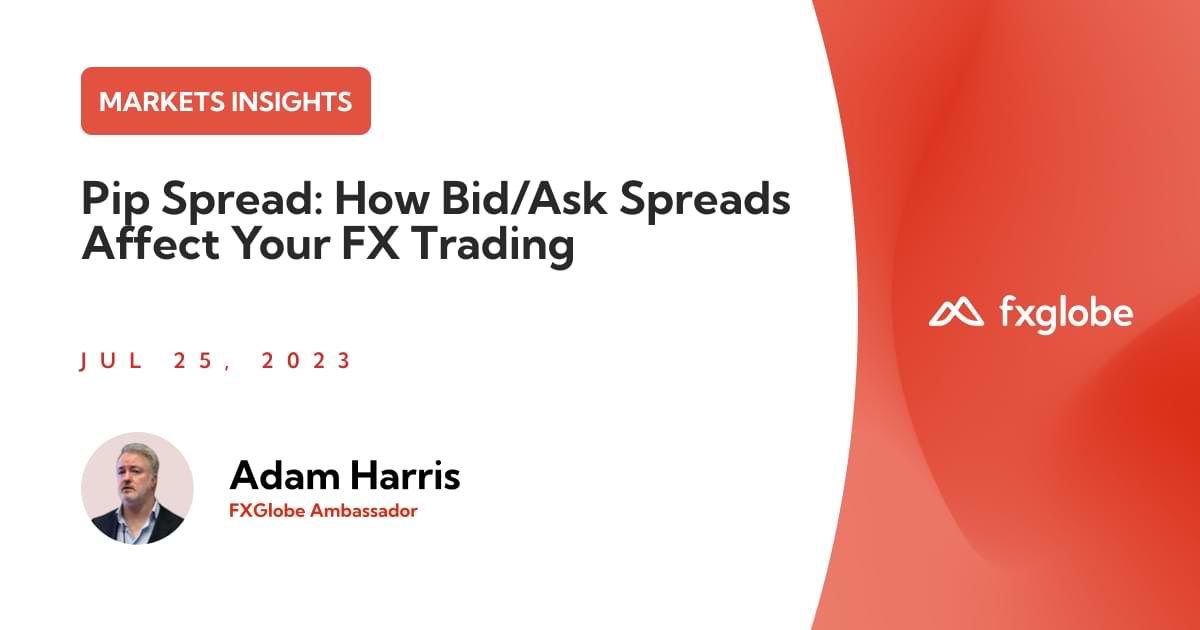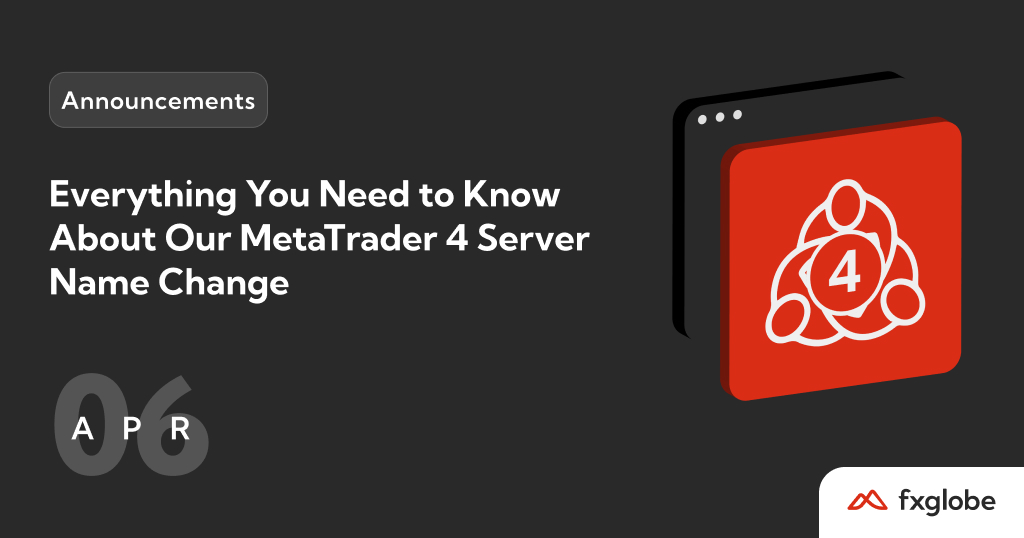Getting the hang of pip spreads is crucial as a forex trader—it can make a massive difference to your profits. This spread, which is the gap between the bid and ask price of a currency pair, is a cost that you’ll need to consider in every trade you make.
Even if a pair is steady, the spread is silently nibbling away at your trading capital. This guide will help you understand forex spreads and how they can impact your ability to turn a profit.
What is the Bid/Ask Spread in Forex Trading?

In simple terms, the bid price is what you can sell a currency pair for, and the ask price is what you can buy it for. The gap between these two prices is known as the spread.
For instance, if the EUR/USD bid price is 1.1330 and the ask price is 1.1333, the spread would be 0.0003, or three pips. Just like regular price movements, spreads are typically shown in pips.
Forex brokers provide you with immediate access to buy and sell at any time, and they make their money by capturing the spread on your trades. They’ll always buy the currency from you at a lower rate than they sell it at.
Takeaway: The pip spread represents the difference between the bid/ask prices. It’s a trading cost charged by brokers for providing instant liquidity.
What Affects Spread Sizes?
Spreads will vary across different currency pairs and brokers. Some factors that can impact spread size include:
- Volatility: More volatile pairs like GBP/JPY will have wider spreads than slower pairs like EUR/CHF. There is more risk for brokers, so spreads are wider.
- Liquidity: Major pairs like EUR/USD with higher trading volume tend to have tighter spreads. Exotic pairs with fewer traders have wider spreads.
- Platform/account type: Spreads tend to be narrower on ECN platforms than with market maker brokers. Standard retail accounts typically have wider spreads than VIP accounts.
- News/data releases: Spreads tend to widen around news events and data releases as volatility increases. Brokers protect themselves from fast-moving markets.
- Trading Hours: Spreads widen outside of peak trading hours and are typically higher over weekends with less liquidity.
Takeaway: Volatility, liquidity, platform, account type, news events, and trading hours impact spread sizes. More risk and lower volume equal wider spreads.
How Do Spreads Impact Your Forex Trading Profits?

Wider spreads significantly erode trader profits over time. Even if your trading strategy has a high win rate, the spread cost on each trade will eat into your bottom line.
For example, trading a standard lot on EUR/USD with a 3-pip spread at $10 per pip equals $30 in spread cost per standard lot trade. If you make ten roundtrip trades per day, that spread cost would be $300 daily.
Over a month of twenty trading days, the spread costs alone would total $6,000. That amount comes off your profits, widening losses or reducing gains. Spread costs apply to every market participant from retail traders to hedge funds.
Takeaway: Wider spreads lead to significant trading costs over time that reduce profits. Controlling spread costs improves profit potential.
Strategies to Minimize the Impact of Spreads
Here are a few pointers to help minimize the impact of spreads on your trading:
- Choose brokers with tight spreads like FXGlobe. When opening accounts, compare spread sizes across brokers.
- If possible, use a spread-betting account. The built-in spread is lower with spread betting.
- Try to avoid trading during hours with low liquidity or around data releases when spreads are likely to widen.
- If spreads are taking too big a bite out of your profits, consider reducing your trading frequency/volume. Go for quality, not quantity.
- Trade pairs with tighter spreads, like EUR/USD and GBP/USD, instead of pairs with wider spreads.
- Use pending entry orders rather than market orders to have more control over entry prices.
- Let winning trades run longer to make up for the spread costs. Close losing trades faster before the spread impact gets bigger.
Takeaway: Picking brokers with low spreads, trading at the best times, choosing the right pairs, and using the right types of orders can help you cut down on spread costs and maximize your profits.
Conclusion
Forex traders who overlook how bid/ask spreads impact their profitability are unwittingly reducing their profits. It pays to be aware of the factors that influence spread sizes and techniques you can use to minimize these hidden trading costs.
Sign up for a risk-free demo account with FXGlobe to experience our tight spreads before you dive into live trading. With knowledge of spreads and sound trading practices, your forex success awaits!









